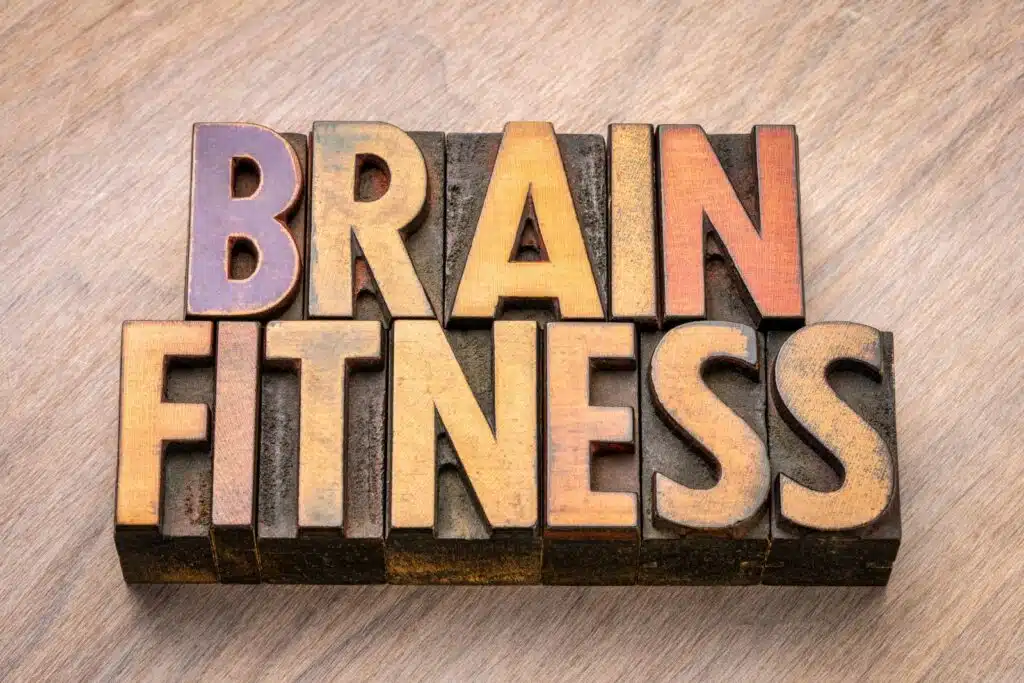Cicero said, “Gratitude is not only the greatest of all virtues but the parent of all others.” You probably don’t need Cicero to tell you that. Expressing our thanks to those we love makes us feel as good as we want them to feel hearing it. Both givers and receivers of gratitude can offer advantages that can help us lead more prosperous and content lives.
What is Gratitude?

We instinctively understand gratitude, but it isn’t easy to define. Gratitude is an emotion when someone is friendly, may give us a present, or does a favor for us. Some people express it more quickly than others, and some not so much, if at all. Many studies about gratitude suggest valuable benefits like improving our health, increasing happiness, reducing stress, and other adverse reactions. Practicing gratitude is an inexpensive way to feel good and think positively. This article will show how gratitude can help you improve your financial life.
Set Long-Term Financial Goals

Studies show gratitude can make us more patient about money and focus on achieving our long-term financial goals. Money can make people anxious, especially if we think about our short-term goals of managing our monthly budget, paying bills, paying off debt, and spending below our means. Over time, you’ll feel greater satisfaction in achieving your financial goals of saving and investing more.
Gratitude Strengthens Our Social Relationships
We spend much of our waking hours with others, whether at work, with family or friends. Thanking someone for a job well done motivates us. Gratitude is like a moral barometer. A few words of appreciation from your boss when working on a challenging assignment provide a boost and energy. According to a study, gratitude is par with empathy, agreeableness, guilt, and shame. Being grateful to our loved ones and friends makes us feel as good as we hope they feel when we express ourselves.
Practice Gratitude By Avoiding Instant Gratification

Those thankful may have more willpower and can delay instant gratification. Delaying gratification is a substantial benefit when shopping and impulse buying. In one study, randomly, participants were assigned to one of three conditions in which they wrote about a past event that made them: 1) grateful, 2) happy, or 3) neutral.
Participants had to pick between getting $63 now versus $85 in three months to measure impatience in this study. Those who wrote about experiences that made them feel happy or neutral favored the immediate payout of $63; however, those who were grateful opted for $85, delaying gratification. The damage is done to our wallets because we are impatient and want instant gratification, leading to higher credit card balances at high interest costs.
Gratitude Is the Alternative To Materialism

A study shows that gratitude is an alternative to materialism. Those who are materialists tend to be less happy in their lives. Materialism is a persistent emphasis on the need for material comfort and physical safety. At the same time, grateful people value self-expression and what they already have and focus on the quality of their lives. Contentment alleviates the need to overspend on material things. They are likelier to have an abundance mindset with a more optimistic outlook.
Count Your Blessings, Be Happy and Fulfilled

Charles Dickens, familiar with poverty, said, “Reflect on your present blessings, on which every man has many, not on your past misfortunes, of which all men have some.” We feel good when we are grateful, less stressed, and can function better with others. We live more prosperous lives, not solely on money but as fulfilled beings. Grateful people have more resources, not necessarily money, but psychological, social, and spiritual benefits that can be drawn on in times of need.
Grateful Expressions Boost Our Brains

Regularly expressing gratitude changes the molecular structure of our brains. One study led to using functional MRIs to measure the participants’ brain activities, imagining their own actions toward another person and experiencing different emotions either conformed (e.g., gratitude or pride) or counter to a social value (e.g., anger or guilt). They found that gratitude can boost brain areas, releasing dopamine, which plays a positive role in many daily behaviors such as motivation, movement, and energy. I’ll take that dopamine now!
Gratitude Promotes Generosity
Culturally, we admire people who give to others selflessly. Appreciation from others may lead us to offer more as part of our moral barometer to take great action. Hearing someone being grateful to us may encourage us to feel more generous. When we are beneficiaries of kind words, we feel more optimistic, less stressed, and generally good.
Giving to others doesn’t always mean charitable donations, although that is meaningful giving. It could also mean volunteering in a soup kitchen or reading a book to a child or an older person in a hospital or rehab center. Paying it forward to others in any way you can has its rewards.
Being Grateful Is Good For Our Career
We are more productive at work, enjoy better relationships with our coworkers, and are more confident in asking for raises. Gratitude cultivates better decision-making, reduces conflicts, and improves engagement with others. More sleep and less stress allow us to think more clearly. We are motivated and energetic in our workplaces and better reach our potential.
Express Gratitude Daily In A Journal

There are many ways to express gratitude to those around you. Smile at a passerby, or thank someone for the smallest gesture and improve their day. Your gratitude journal can become your comfort zone after a long day. It’s a means to look back at the positive things that happened to you during the day. Some days may be more plentiful than others. Show your gratefulness to others. Kindness can be infectious.
Gratitude Will Help You Improve Your Financial Life

Practicing gratitude will improve your attitude, help you have better habits, and help you look at your long-term financial goals. To strengthen your financial position, follow these recommendations:
- Establish an emergency fund to prepare for unforeseen events.
- Stick to a budget you review regularly.
- Automate your savings and bill payments.
- Avoid instant gratification and overspending.
- Pay off your credit card balances monthly.
- Spend below your means so that you can save and invest more.
- Regularly contribute to your retirement savings and college savings accounts.
- Express gratitude daily.
12 Frugal Meals People Eat Even When They’re Rich. Do You?
Photo Credit: Shutterstock
When money isn’t a problem, people tend to indulge in all sorts of luxuries they couldn’t afford when they didn’t have excess money to spend. However, sometimes, even when money is easy, there are food items you can’t say “no” to. Here are some of the most addictive, economical meals you can eat, even when money is no issue.
12 Grocery Store Luxuries That People Love To Treat Themselves With
Photo Credit: Deposit Photos
Sometimes, grocery shopping can be a chore. It can feel like just one more thing to get done during the week, so you don’t have to worry about it during the weekend. When money is tight, it can be even more overwhelming to try and get the best deals on food until you get to that one item you can’t resist. We all do it, splurging on that one food item we can’t do without. To that end, here are some of the most luxurious food choices people must have.
12 Dream Treats People Would Splurge on if Money Were Infinite
Photo Credit: Shutterstock
Imagine a reality where your bank account was bottomless and financial constraints vanished. What would you choose to splurge on? Here are 12 dream treats members of an online forum would throw their money at if money were no object.
10 Frivolous Things People Spend Their Money On When They Could Be Saving
Image Credit: Dean Drobot From Canva.com
Are you spending your money frivolously on stupid things when dealing with a tight budget, or saving more for emergencies? We all do. Door Dash and Uber Eats? Need I say more? Between the higher menu prices, delivery fees, and tips, you can spend $35 on a single sandwich!
It’s absurd, and yet so many people do it. Worse, they know it’s a waste of money but will continue using the services. I’m guilty of using the delivery apps myself. Someone recently asked on an online forum for other examples of dumb things people waste their hard-earned cash on, and these are the top-voted responses.
Lovingly Limiting Loans: 10 Wise Ways To Set Money Boundaries With Family
Photo Credit: Shutterstock
Family ties are undoubtedly some of the strongest bonds in our lives. We share laughter, create lasting memories, and support each other through thick and thin. However, navigating boundaries can be complex when it comes to financial matters. Here are 12 wise ways shared by members of an online forum to set monetary limits with family members.
Hi There!
With a passion for investing and personal finance, I began The Cents of Money to help and teach others. My experience as an equity analyst, professor, and mom provide me with unique insights about money and wealth creation and a desire to share with you.









